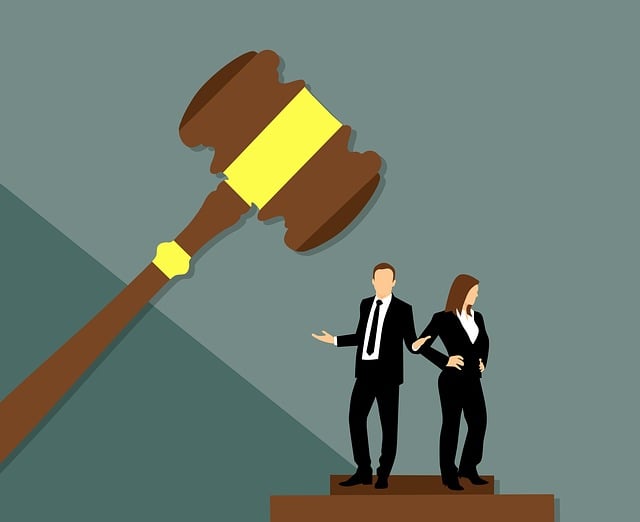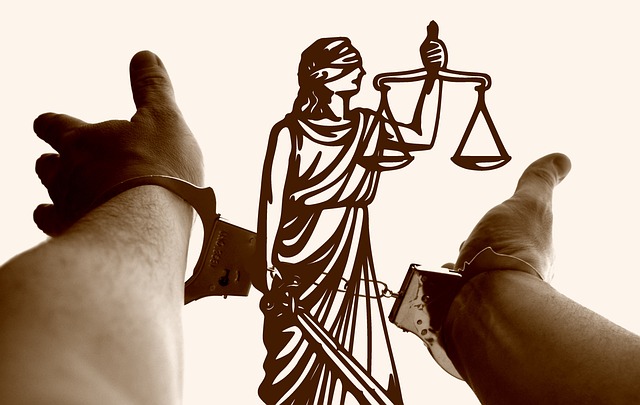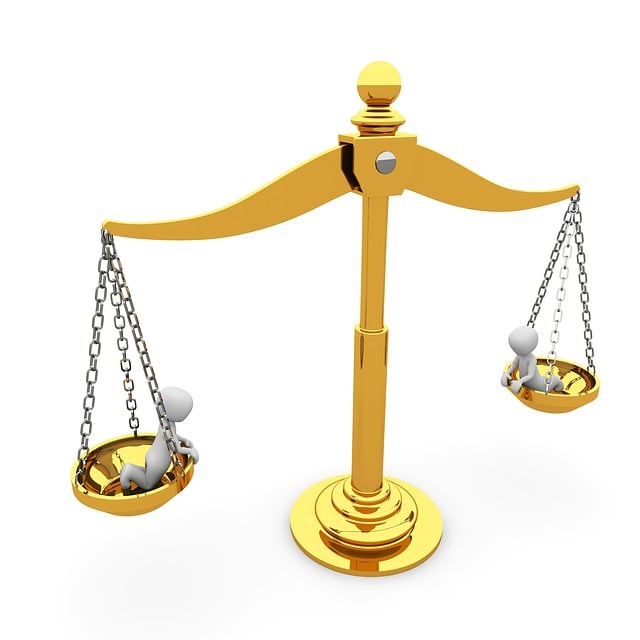Whistleblower Protection Laws (WPL) vary significantly across U.S. states, impacting how whistleblowers are treated under Criminal Procedure Laws. Understanding these state-specific variations is crucial for both legal professionals and potential whistleblowers to navigate potential pitfalls, ensure fair treatment, and promote transparency. Despite challenges like inconsistent protections and high-stakes cases, successful whistleblowing has led to significant changes and financial awards. Variations in criminal procedure laws by state influence whistleblower incentives, with strict protections encouraging disclosures and deterring corporate misconduct.
“Uncovering truth through whistleblowing is a complex process, often fraught with legal challenges. This article delves into the intricate world of whistleblower protection lawsuits, exploring state-by-state variations in criminal procedure. We’ll dissect how legal safeguards influence ethical reporting, while shedding light on common hurdles faced by whistleblowers. From notable case studies to comprehensive overviews, this guide provides an in-depth look at the impact and intricacies of whistleblower protection laws across different jurisdictions, emphasizing the crucial role they play in fostering transparency.”
- Understanding Whistleblower Protection Laws: A Comprehensive Overview
- State Variations in Criminal Procedure for Whistleblower Cases
- The Impact of Legal Protections on Encouraging Ethical Reporting
- Common Challenges and Barriers Faced by Whistleblowers
- Case Studies: Notable Whistleblower Protection Lawsuits and Their Outcomes
Understanding Whistleblower Protection Laws: A Comprehensive Overview

Whistleblower Protection Laws (WPL) are a crucial set of legal frameworks designed to safeguard individuals who expose illegal or unethical activities within organizations from potential retaliation. These laws vary across states, forming a complex yet vital aspect of criminal procedure. Understanding these variations is essential for achieving extraordinary results in cases involving whistleblowers. Each state has its own set of rules that dictate how whistleblowers are protected, the processes they must follow, and the remedies available to them.
Knowing these state-specific Criminal Procedure Laws is paramount for both legal professionals and those considering becoming whistleblowers. It enables individuals to navigate potential pitfalls, such as avoiding indictment or other legal repercussions, while ensuring their rights are respected. By understanding these laws, whistleblowers can take confident steps toward exposing wrongdoing, thereby fostering a culture of transparency and accountability in various sectors.
State Variations in Criminal Procedure for Whistleblower Cases

Whistleblower protection laws vary across states in the U.S., leading to distinct criminal procedure frameworks for cases involving protected disclosures. These variations impact how whistleblowers are treated, from investigation and charging decisions to potential defenses and remedies. For instance, some states have more robust protections for internal whistleblowers who report misconduct within their respective businesses, while others prioritize the rights of law enforcement in white-collar defense cases.
Navigating these state differences is crucial when seeking winning challenging defense verdicts. Understanding the specific criminal procedure laws by state variations can significantly influence the strategy and outcome of whistleblower protection lawsuits. This knowledge ensures that defendants in such cases are afforded fair treatment, while also recognizing the unique circumstances that may arise from reporting unethical or illegal activities within different business structures.
The Impact of Legal Protections on Encouraging Ethical Reporting

Whistleblower protection laws play a pivotal role in fostering ethical reporting and holding wrongdoers accountable. These legal protections are designed to safeguard individuals who expose illegal or unethical activities within their organizations from potential retaliation, such as firing, demotion, or harassment. By offering immunity from criminal procedure laws and state variations, these laws encourage employees to come forward with insider knowledge, thereby ensuring the transparency and integrity of business practices.
The impact of these protections is profound, enabling whistleblowers to achieve extraordinary results without fear of being subjected to indictment or facing trial before a jury. This not only empowers individuals to take decisive action against misconduct but also strengthens the overall legal framework by providing a robust mechanism for accountability. As a result, organizations become more accountable, and society benefits from enhanced ethical standards across various sectors.
Common Challenges and Barriers Faced by Whistleblowers

Whistleblowers often face significant challenges and barriers when coming forward with information about illegal or unethical activities within their organizations. One major hurdle is navigating complex Criminal Procedure Laws that vary by state, which can create uncertainty and make it difficult to predict outcomes. These state-specific variations in laws can lead to inconsistent protections for whistleblowers, affecting their willingness to speak up.
Moreover, high-stakes cases often involve powerful entities and sophisticated legal teams, making it challenging for whistleblowers to achieve extraordinary results. Winning challenging defense verdicts is not always easy, as adversaries may employ various tactics to discredit the whistleblower’s claims. Despite these obstacles, many successful cases have emerged, demonstrating that with strong evidence and a clear understanding of their rights, whistleblowers can navigate these hurdles and bring about significant changes or even criminal charges in appropriate situations.
Case Studies: Notable Whistleblower Protection Lawsuits and Their Outcomes

Whistleblower protection lawsuits have been pivotal in upholding integrity within organizations and ensuring accountability for criminal procedures. Case studies offer valuable insights into the real-world application of whistleblower protection laws, revealing successful outcomes that encourage more individuals to come forward with crucial information. For instance, a study examining white collar and economic crimes cases in various states highlights how state variations in criminal procedure laws impact whistleblower incentives. In some jurisdictions, strict protections for whistleblowers at all stages of the investigative and enforcement process have led to increased disclosures, resulting in significant financial recoveries for aggrieved parties.
Notably, a recent high-profile lawsuit involving an employee who exposed fraudulent accounting practices led to substantial monetary awards and organizational reforms. This case not only underscored the importance of whistleblower protection but also demonstrated how such protections can serve as a powerful tool in deterring corporate misconduct. The outcome set a precedent for similar cases, demonstrating that whistleblowers can secure justice while protecting themselves from potential retaliation, thereby fostering a culture of ethical conduct within institutions.
Whistleblower protection lawsuits play a pivotal role in upholding ethical standards within organizations. By understanding comprehensive whistleblower protection laws, navigating state variations in criminal procedure, and overcoming challenges, we can encourage more individuals to report unethical practices. The case studies presented highlight the significant impact of legal protections, demonstrating that a robust framework fosters a culture of integrity and accountability. As we continue to refine these protections, it’s crucial to ensure they remain accessible and effective across all states, thereby strengthening the tapestry of ethical reporting in today’s complex business landscape.






